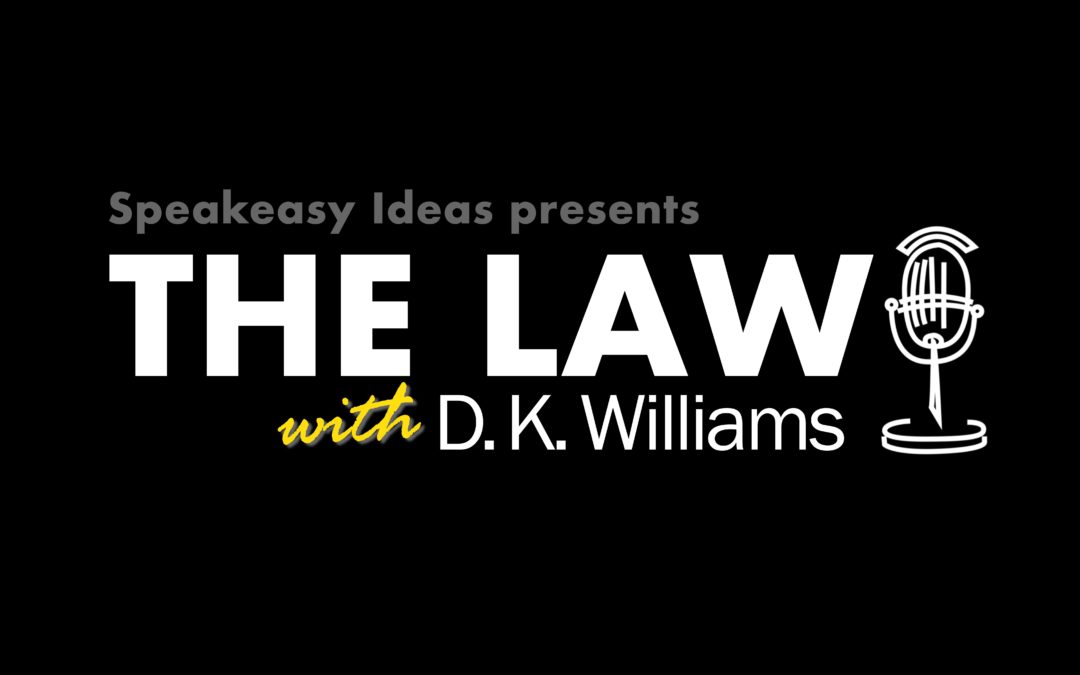Podcast: Play in new window | Download
Subscribe: Apple Podcasts | RSS
Earlier this year, the Supreme Court of the United States — in a 6-3 decision in the case of Bostock v. Clayton County — held that homosexual and transgender people are protected from employment discrimination under the Civil Rights Act of 1964. The Act prohibits discrimination against anyone “because of sex.” Neil Gorsuch, writing for the majority, concluded that firing someone due to their homosexuality or transgender status is prohibited by that language. The Court discusses statutory interpretation and how, even if Congress did not contemplate a particular outcome, the words they choose when writing a statue, matter. We discuss how statutes often have consequences unintended by Congress. We also discuss an important question ignored by the Court: Does Congress have the legitimate constitutional authority to regulate the private, intrastate activity of individuals?
LINKS
The case itself: Bostock v. Clayton County (2020)
The Law with D.K. Williams Facebook page
Follow The Law with D.K. Williams on Twitter @TheLawDKW

